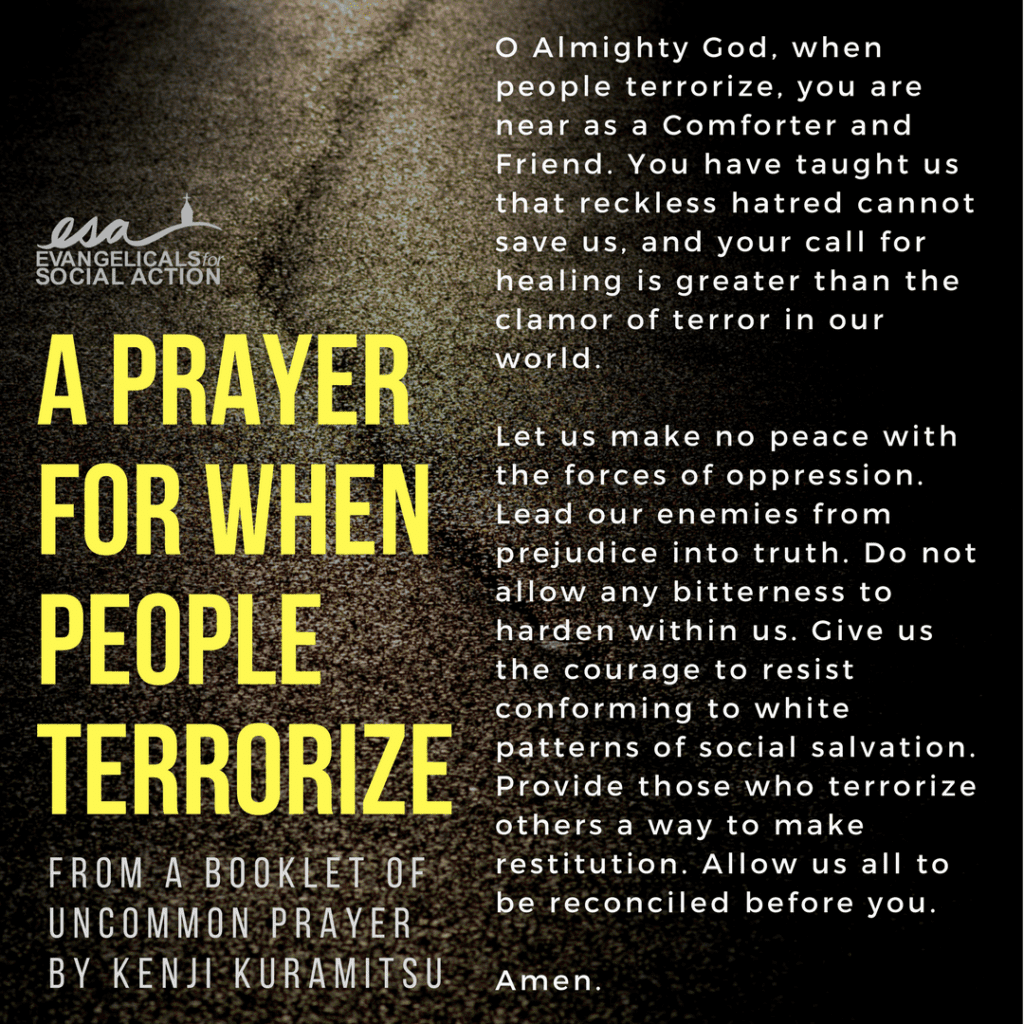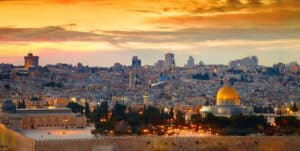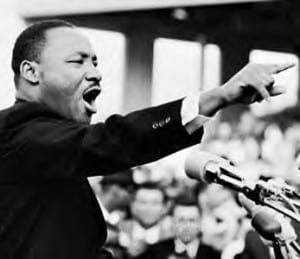
Terror has struck, and once again a great grief has opened before us.
I won’t recount the litany. We know the nausea, the shock, the dizzying cadence of such reckless hate.
The public sphere in these days can be a place of muted grief and limited comfort. Muddying much of our collective emotion is a national reticence to honestly diagnose the violence around us. We are familiar with this logic: when people of color, Muslims, and “foreigners” commit acts of violence, that’s terrorism—white predators get to be bad apples, lone wolves, black sheep.
Yet terrorism is a public, physical violence that is designed to cultivate internal, psychic fear. For this reason, we may broaden our laments, grieving Sandy Hook and September 11th, but also the Red Summer, Emmett Till’s slaying, and the murder of Michael Brown as emblems of terror. We may recount the terror of lynching, overseen by the state and celebrated by “everyday” white Americans, and trace the very founding of the United States in the tandem terrors of enslavement and genocide.
The Confederate flag is white supremacy (terrorism) quoted in cloth and dye. Police using water cannons on Water Protectors at Standing Rock, distilling centuries of genocidal history and pumping it wholesale through a two-inch opening, is a living artifact of state terrorism.
The repetition of mass shootings and other acts of terror that dominate our news feeds may not be condensed to one person, one policy change, one single intervention. This is who we are.
As a friend of mine wrote on Facebook on the night of the election, “This is who we are.” U.S. Americans searching for chilling examples of great evils don’t need to look anywhere but underfoot. Mass shootings reveal to us that under the thin veneer of respectability, chaos looms: the public massacre committed in Las Vegas represents the conflation of our nation’s proudest historical values and genocidal practices into the course of a single evening. The repetition of mass shootings and other acts of terror that dominate our news feeds may not be condensed to one person, one policy change, one single intervention. This is who we are.
President Obama has said that after an event like this, our thoughts and prayers are “not enough.” No, they are not—yet still we must pray: for repudiation of those who enable harm; for repose, repentance, and salvation for all architects of terror; for resistance to the debilitating effects of fear. Such fear is a colonization of the mind—an alien power occupying neural territory, stripping internal reservoirs of strength and breeding insecurity and anxiety. Ardent prayer, in community and care, may actually be one antidote to this mental paralysis.
The liberation theologian Jon Sobrino has written that “solidarity is the tenderness of the peoples.” In many ways, the opposite of terrorism is tenderness. For those set on nurturing healing and solidarity in the wake of great violence, we must turn with great openness towards one another. In a world that calcifies division and beckons us to crucify one another, the Gospel demands authentic compassion for our fellow image-bearers. Let us be bold enough to pray, to struggle, to love such tenderness into our midst.
Kenji Kuramitsu is the author of A Booklet of Uncommon Prayer, and an educator, liturgist, and graduate student at McCormick Theological Seminary in Chicago, IL. He writes and speaks regularly on the intersections of Bible, diaspora, mixed race identity, social media, and non-traditional family structures, and he is passionate about decolonizing work in the church and society.


